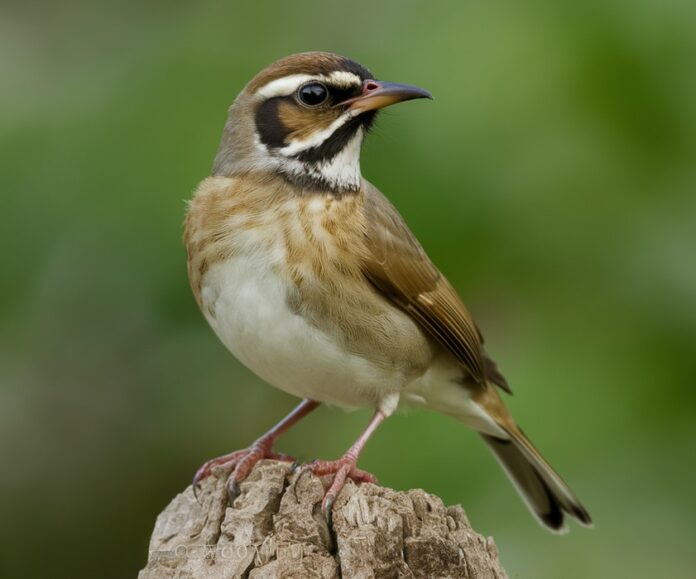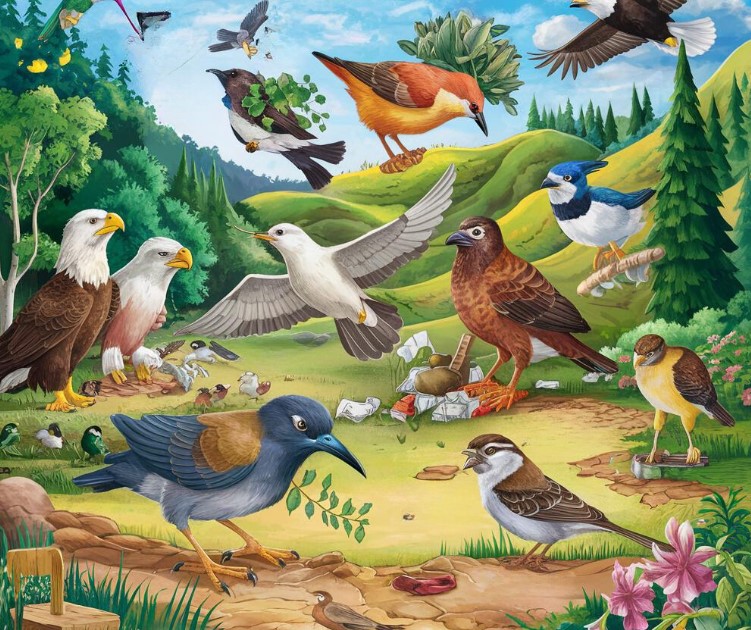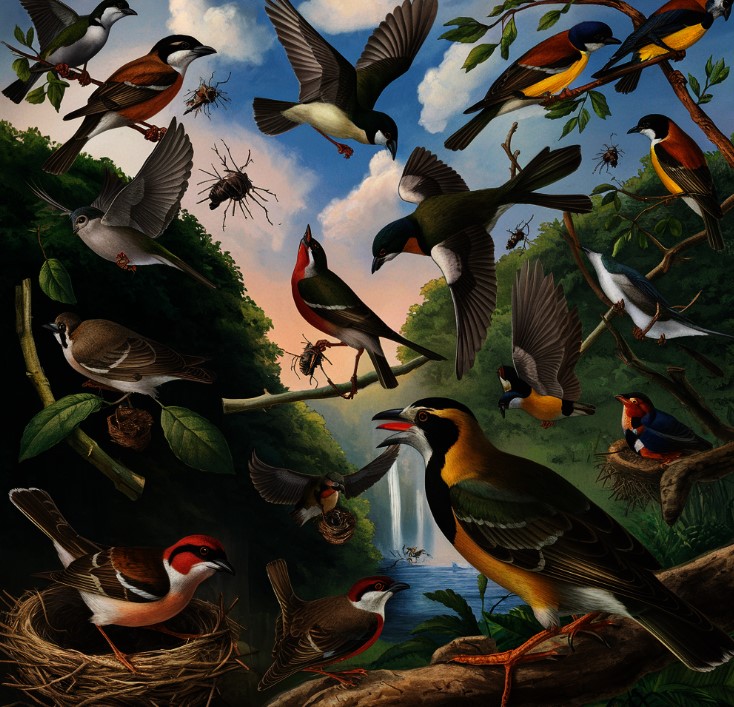
Birds, often celebrated for their beauty and the serenades they offer at dawn, play a pivotal role far beyond what meets the eye. These feathered creatures are essential to maintaining the balance of our ecosystems, acting as pollinators, seed dispersed, and natural pest controllers.
Their activities help in the regeneration of forests, the spreading of plants, and in managing populations of harmful insects, significantly contributing to the health of our planet.
Vikki Gerrard La Crosse WI who researched environmentally savvy places around the world on her travels, will explore birds’ multifaceted roles in sustaining the natural world, highlighting their importance to the environment, human agriculture, and economies. Their existence intertwines with the well-being of our planet, making them indispensable ecosystem engineers whose contributions are vital for our survival.
The Avian Effect on Seed Dispersal

Vikki Gerrard La Crosse explains that birds play a pivotal role in seed dispersal, a crucial mechanism for the proliferation and preservation of plant populations. Fruit-eating birds, in particular, inadvertently act as the guardians of future generations of plants. Their ability to fly long distances means they can distribute seeds well beyond the reach of the parent tree’s canopy, effectively nurturing biodiversity.
Without birds, forest regeneration after disturbances such as fires or logging is greatly impeded. The absence of seed-dispersing avians can lead to a loss of genetic diversity, as seeds are no longer carried to lands with diverse conditions that aid in the survival of a wide array of species. From the scarlet tanagers in North America to the toucans of South America, these feathered friends are the cultivators who breathe our forests.
Pest Control with Feathers
Vikki Gerrard La Crosse WI points out that traditional and organic farming methods have long capitalized on birds’ natural behaviors to control pest populations effectively. Many bird species predominantly feed on insects, making them invaluable allies in agricultural settings. A single flock in fields and orchards can significantly reduce pest numbers. This reduction is not minor; it can lead to a marked decrease in pests, reducing the need for chemical pesticides.
This natural form of biological control helps maintain the ecological balance within farming ecosystems and plays a crucial role in minimizing the necessity for synthetic pesticides. By reducing the use of these chemical pesticides, we can protect the health of agricultural lands and safeguard the waterways around them from potential contamination.
Furthermore, this approach supports biodiversity by providing habitats for various bird species and promoting a symbiotic relationship between agriculture and wildlife. This synergy between traditional farming practices and natural pest control mechanisms underscores a sustainable approach to agriculture that benefits both our environment and the agricultural economy.
The Advent of Birdwatching and Its Impact on Conservation
The pastime of birdwatching, also known as birding, has transcended from a niche hobby to a global phenomenon, with an estimated 60 million participants in the United States alone. Birders, armed with binoculars, field guides, and an unerring patience, have become powerful advocates for avian conservation. Their observations contribute to vital data on bird populations, migration patterns, and the impacts of climate change.
Organizations such as the Audubon Society and the RSPB provide resources for enthusiasts and lead large-scale conservation efforts. By making the public aware of the intricate relationships between bird species and their habitats, birdwatchers and researchers help formulate conservation strategies, establish protected areas, and preserve migratory corridors.
The Cost of Silence

The absence of birds in an ecosystem can lead to an ecological domino effect. Declining bird populations can cause an increase in insect pests, a reduction in the dispersal of plant seeds, and a general degradation of ecosystems. The “silent spring” scenario, as described by Rachel Carson, illustrates a world devoid of the cheerful songs of birds but laden with the remnants of silent pesticides.
This silence also impacts the human experience. Birds’ characteristic calls serve as an integral part of the natural soundscape, an aspect of our environment that profoundly impacts our emotional and mental well-being. Birds in urban centers have even been linked to higher levels of social cohesion and lower levels of violent crime.
Flight, Freedom, and the Future
Birds embody a sense of freedom, with their ability to traverse continents unhindered by borders. Their migrations, often thousands of miles long, are a testament to the perseverance of life in the face of adversity. But as with any species, their freedom and future are entwined with the health of their habitat.
Conservation efforts focusing on avian species’ well-being can have far-reaching implications. Protecting birds often means conserving large swathes of habitat, which, in turn, benefits a myriad of other organisms. Globally, initiatives such as creating bird-friendly cities and sustainable forestry practices underscore the acknowledgment of birds as keystone species and give hope for a future where their contribution to our environment is secured.
In our shared tapestry of existence, birds contribute the threads of color, song, and balance. Their literal and metaphorical flights inspire us to look skyward and remind us that the health of nature’s grand design is better off with the symphonious flutter of wings.








